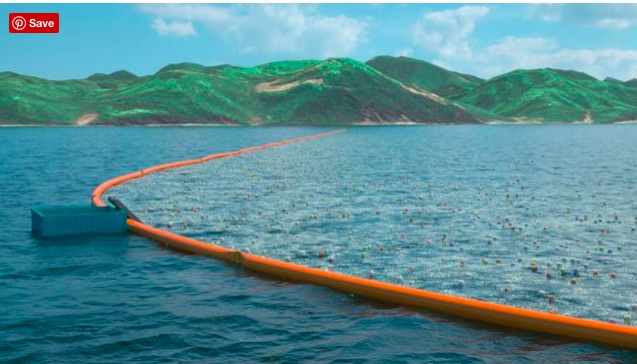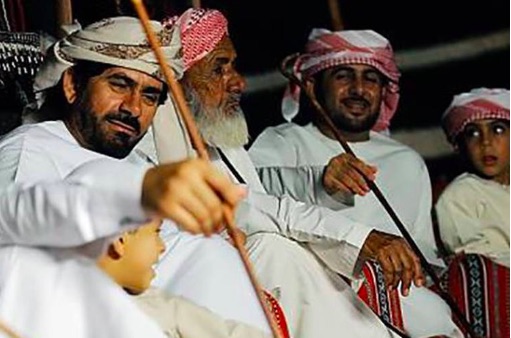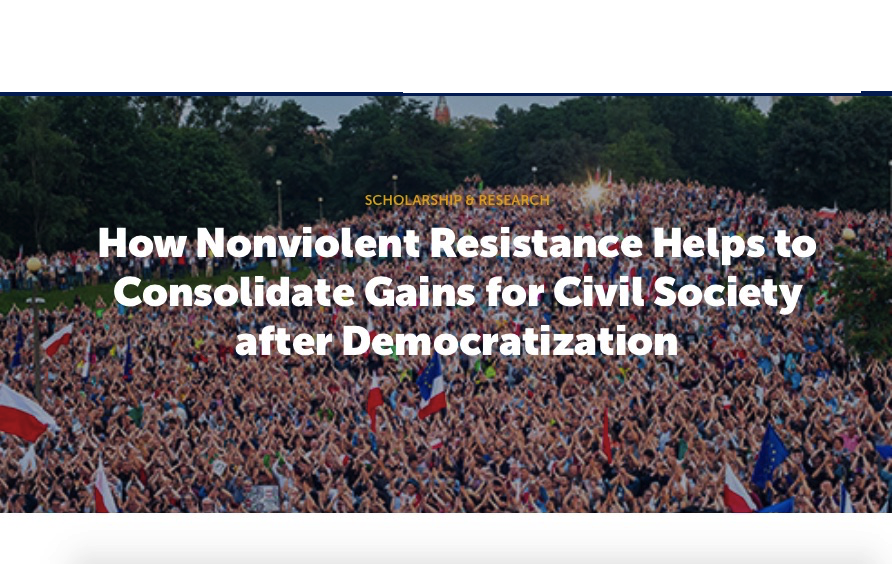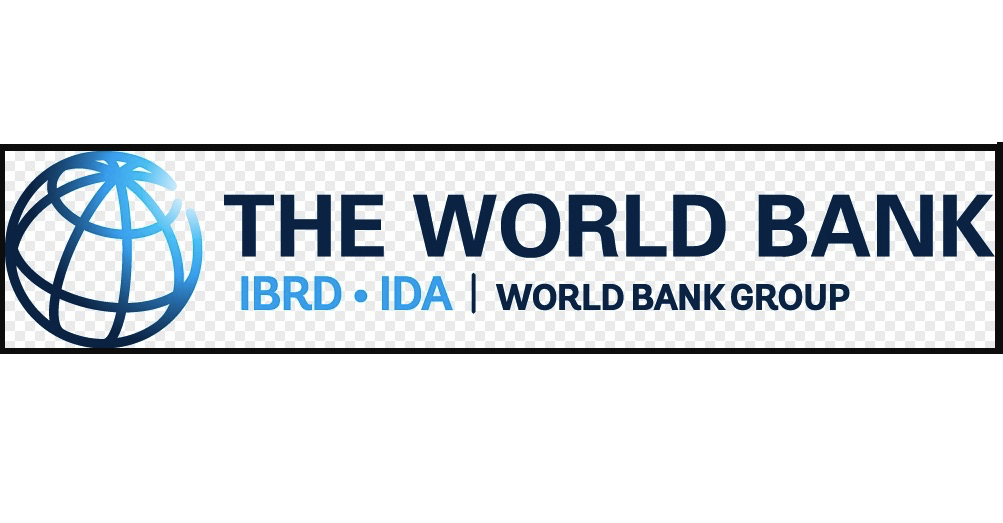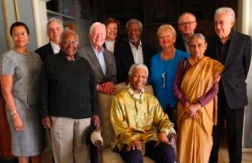FREE FLOW OF INFORMATION
Excerpt from review by Relief Web
The United Nations General Assembly adopted without a vote its annual resolution on the culture of peace (A_72_L-30) at its session on December 12.
Masud Bin Momen (Bangladesh), introducing the draft resolution “Follow-up to the Declaration and Programme of Action on a Culture of Peace” (document A/72/L.30), said that the current version of the text contained four new elements. It acknowledged the high-level event on Culture of Peace and its focus on early childhood development and recalled that General Assembly resolution 70/272 on the review of the United Nations peacebuilding architecture had introduced the notion of “sustaining peace”. In addition, “L.30” noted the establishment of the United Nations Office of Counter-Terrorism and recognized the role of the work of the United Nations Alliance of Civilizations in promoting a culture of people. The draft also reiterated the request to consider convening in September 2018 a high-level forum devoted to the implementation of the Programme of Action.
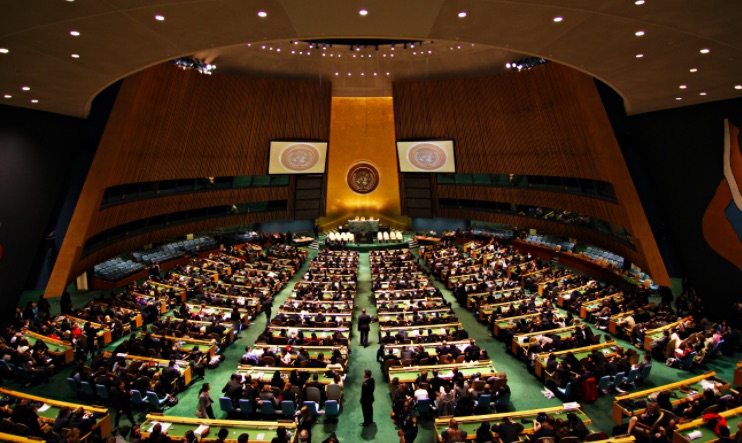
Editor’s note: Here are three of the opening paragraphs and all of the action paragraphs of the English version of the resolution, which was co-sponsored by more than 60 countries. The full texts in English, French and Spanish are available online at the UN Digital Library.
Follow-up to the Declaration and Programme of Action on a Culture of Peace
The General Assembly,
Bearing in mind the Charter of the United Nations, including the purposes and principles contained therein, and especially the dedication to saving succeeding generations from the scourge of war,
Recalling the Constitution of the United Nations Educational, Scientific and Cultural Organization, which states that, “since wars begin in the minds of men, it is in the minds of men that the defences of peace must be constructed”,
Recognizing the importance of the Declaration and Programme of Action on a Culture of Peace, adopted by the General Assembly on 13 September 1999, which serve as the universal mandate for the international community, particularly the United Nations system, for the promotion of a culture of peace and non-violence that benefits humanity, in particular future generations . . .
1. Reiterates that the objective of the effective implementation of the Programme of Action on a Culture of Peace is to strengthen further the global movement for a culture of peace following the observance of the International Decade for a Culture of Peace and Non-Violence for the Children of the World, 2001–2010, and calls upon all concerned to renew their attention to this objective;
2. Welcomes the inclusion of the promotion of a culture of peace in the 2030 Agenda for Sustainable Development;
3. Invites Member States to continue to place greater emphasis on and expand their activities promoting a culture of peace at the national, regional and international levels and to ensure that peace and non-violence are fostered at all levels;
4. Invites the entities of the United Nations system, within their existing mandates, to integrate, as appropriate, the eight action areas of the Programme of Action into their programmes of activities, focusing on promoting a culture of peace and non-violence at the national, regional and international levels;
5. Commends the United Nations Educational, Scientific and Cultural Organization for strengthening efforts to mobilize all relevant stakeholders within and outside the United Nations system in support of a culture of peace, and invites the Organization to continue to enhance communication and outreach, including through the culture of peace website;
(continued in right column)
Question(s) related to this article:
What is the United Nations doing for a culture of peace?
(continued from left column)
6. Commends the practical initiatives and actions by relevant United Nations bodies, including the United Nations Children’s Fund, the United Nations Entity for Gender Equality and the Empowerment of Women (UN-Women) and the University for Peace, as well as their activities in further promoting a culture of peace and non-violence, in particular the promotion of peace education and activities related to specific areas identified in the Programme of Action, and encourages them to continue and further strengthen and expand their efforts;
7. Underlines that early childhood development contributes to the development of more peaceful societies through advancing equality, tolerance, human development and promoting human rights, and calls for investment in early childhood education, including through effective policies and practices, towards promoting a culture of peace;
8. Encourages the United Nations Alliance of Civilizations to increase its activities that focus on peace education and global citizenship education in order to enhance an understanding among young people of values such as peace, tolerance, openness, inclusion and mutual respect, which are essential in developing a culture of peace;
9. Encourages the United Nations peacebuilding architecture to continue to promote peacebuilding activities and to advance a culture of peace and non-violence in post-conflict peacebuilding efforts at the country level;
10. Urges the appropriate authorities to provide age-appropriate education in children’s schools that builds a culture of peace, including lessons in mutual understanding, tolerance, active and global citizenship and human rights;
11. Encourages the involvement of media, especially the mass media, in promoting a culture of peace and non-violence, with particular regard to children and young people;
12. Commends civil society, non-governmental organizations and young people for their activities in further promoting a culture of peace and non-violence, including through their campaign to raise awareness on a culture of peace and the peaceful settlement of disputes;
13. Encourages civil society and non-governmental organizations to further strengthen their efforts to promote a culture of peace, inter alia, by adopting their own programme of activities to complement the initiatives of Member States, the organizations of the United Nations system and other international and regional organizations, in line with the Declaration and Programme of Action on a Culture of Peace;
14. Invites Member States, all parts of the United Nations system and civil society organizations to accord increasing attention to their observance of the International Day of Peace on 21 September each year as a day of global ceasefire and non-violence, in accordance with its resolution 55/282 of 7 September 2001, and of the International Day of Non-Violence on 2 October, in accordance with its resolution 61/271 of 15 June 2007;
15. Reiterates its request to the President of the General Assembly to consider convening a high-level forum, as appropriate and within existing resources, devoted to the implementation of the Programme of Action on the occasion of the anniversary of its adoption, on or around 13 September, and requests the Secretariat to support its effective organization within their respective mandates and existing resources;
16. Invites the Secretary-General, within existing resources, in consultation with the Member States and taking into account the observations of civil society organizations, to explore mechanisms and strategies, in particular strategies in the sphere of information and communications technology, for the implementation of the Declaration and Programme of Action and to initiate outreach efforts to increase global awareness of the Programme of Action and its eight areas of action aimed at their implementation;
17. Requests the Secretary-General to submit to the General Assembly at its seventy-third session a report, within existing resources, on actions taken by Member States, on the basis of information provided by them, and those taken system-wide by all concerned entities of the United Nations to implement the present resolution and on heightened activities by the Organization and its affiliated agencies to implement the Programme of Action and to promote a culture of peace and non-violence;
18. Decides to include in the provisional agenda of its seventy-third session the item entitled “Culture of Peace”.

